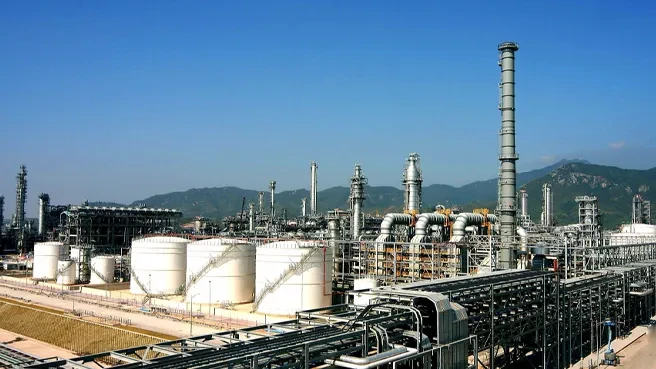
Potash Fertilizer - Enhance Your Soil Health and Crop Yield
Potash Fertilizer Essential Nutrient for Healthy Crops
Potash fertilizer, a key player in modern agriculture, is a critical source of potassium (K), one of the three primary macronutrients required for optimal plant growth. The other two essential nutrients are nitrogen and phosphorus. Potassium is vital for several physiological processes in plants, including water regulation, enzyme activation, and photosynthesis, making potash fertilizers indispensable for high-yield and healthy crops.
The term potash originates from the early method of obtaining potassium by leaching wood ashes in wooden pots. Today, potash is primarily derived from mineral deposits and is typically found in forms such as potassium chloride (KCl), potassium sulfate (K2SO4), and potassium nitrate (KNO3). Among these, potassium chloride is the most widely used due to its high potassium content and cost-effectiveness.
One of the significant benefits of potash fertilizer is its role in improving crop resilience. Potassium enhances a plant's ability to withstand drought and other environmental stresses. This characteristic is increasingly important in the face of climate change, where extreme weather events can severely impact agricultural productivity. By ensuring that crops have adequate potassium levels, farmers can help mitigate the adverse effects of such stresses, leading to more reliable harvests.
potash fertilizer

Furthermore, potash improves the quality of produce. It plays a crucial role in the synthesis of proteins and starches, affecting taste, texture, and nutritional value. For instance, in fruit crops, sufficient potassium levels contribute to better color, size, and flavor, making them more appealing to consumers. In cereals, potash can enhance grain filling and increase yield potential, which is vital for meeting the food demands of a growing world population.
Sustainable agricultural practices increasingly necessitate the efficient use of fertilizers, including potash. Over-reliance on chemical fertilizers can lead to soil degradation and environmental concerns such as water pollution. Therefore, testing soil potassium levels and applying potash fertilizers only when necessary is crucial. Integrated nutrient management practices, which combine organic amendments with chemical fertilizers, can contribute to balanced soil health and enhance long-term agricultural productivity.
In conclusion, potash fertilizer is an essential component of modern agriculture, contributing significantly to crop yield, quality, and resilience. Its role as a source of potassium cannot be overstated, especially in the context of global food security and sustainable farming practices. As the agricultural landscape continues to evolve, understanding and utilizing potash effectively will remain a priority for farmers seeking to achieve optimal results while safeguarding environmental health.
-
nitrile-rubber-honoring-strict-production-standardsNewsAug.22,2025
-
aspartame-ingredients-honoring-food-safety-valuesNewsAug.22,2025
-
fertilizer-for-balanced-plant-nutritionNewsAug.22,2025
-
cyanide-gold-processing-with-high-purity-additivesNewsAug.22,2025
-
formic-acid-in-textile-dyeing-applicationsNewsAug.22,2025
-
aluminum-hydroxide-gel-in-skincare-productsNewsAug.22,2025
-
Regulatory Compliance for Global Mining Chemicals UseNewsAug.12,2025
Hebei Tenger Chemical Technology Co., Ltd. focuses on the chemical industry and is committed to the export service of chemical raw materials.
-

view more DiethanolisopropanolamineIn the ever-growing field of chemical solutions, diethanolisopropanolamine (DEIPA) stands out as a versatile and important compound. Due to its unique chemical structure and properties, DEIPA is of interest to various industries including construction, personal care, and agriculture. -

view more TriisopropanolamineTriisopropanolamine (TIPA) alkanol amine substance, is a kind of alcohol amine compound with amino and alcohol hydroxyl, and because of its molecules contains both amino and hydroxyl. -

view more Tetramethyl Thiuram DisulfideTetramethyl thiuram disulfide, also known as TMTD, is a white to light-yellow powder with a distinct sulfur-like odor. It is soluble in organic solvents such as benzene, acetone, and ethyl acetate, making it highly versatile for use in different formulations. TMTD is known for its excellent vulcanization acceleration properties, which makes it a key ingredient in the production of rubber products. Additionally, it acts as an effective fungicide and bactericide, making it valuable in agricultural applications. Its high purity and stability ensure consistent performance, making it a preferred choice for manufacturers across various industries.





